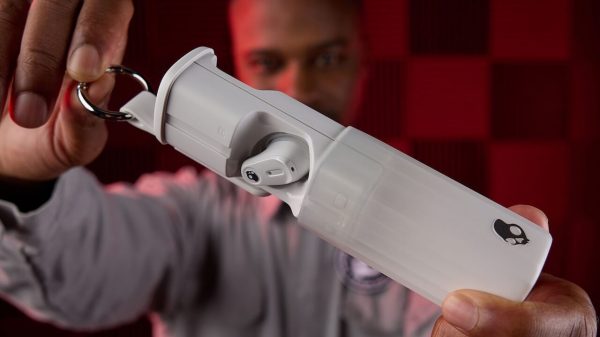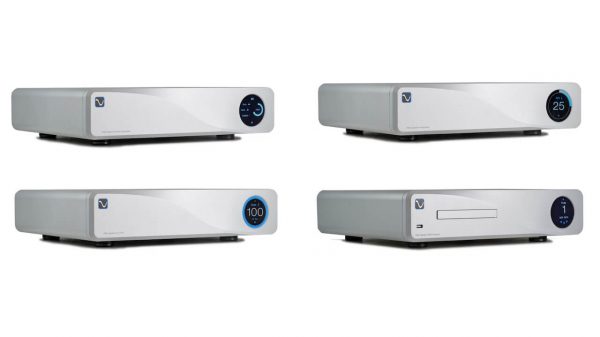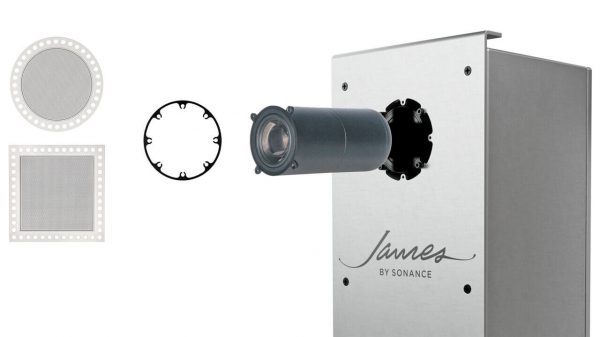Fair Use Safety Valve Blocks Copyright Owners from Dictating and Controlling Future Innovation
Arlington, Virginia – In the rush to crack down on pirates, we risk eliminating a critical consumer right – the right to use copyrighted material, without the permission of the copyright owner, stated Consumer Electronics Association (CEA) President and CEO Gary Shapiro in testimony today before a congressional committee. Testifying on behalf of CEA and the Home Recording Rights Coalition (HRRC), Shapiro made his comments before a hearing held by the House Committee on Energy and Commerce’s Subcommittee on Commerce, Trade and Consumer Protection exploring “Fair Use: Its Effect on Consumers and Industry.”
Shapiro stated that fair use is central to innovation because it allows for the invention of new products for the benefit of the public, not just major copyright owners. “Fair use is a safety valve which ensures that you don’t need to ask from the copyright holder to use copyrighted content. Fair use protected the Betamax and without it, we would have no VCRs, no tape recorders, no iPODs, no TiVOs and no Slingboxes.
“Our technological leadership – especially in the age of the Internet – has relied on the protection fair use gives to innovators and venture capitalists. But this protection is rapidly eroding,” noted Shapiro.
“Until the Grokster decision this year, innovators were playing under the Betamax decision’s bright-line rule: a product is legal if it has substantial legal uses. The Grokster opinion added ambiguity to this rule, leaving innovators on uncharted legal ground. This shadow of litigation over the introduction of virtually any new product that manipulates content especially harms smaller entrepreneurs.
“Fair use is now all that protects inventors, investors and consumers from an over-regulated world in which every use of every product must be authorized in advance by every copyright holder. Fair use needs to be enhanced, not cut back.”
Shapiro stated that H.R. 1201, introduced by Commerce Committee Chairman Joe Barton (R-TX) and Representatives Rick Boucher (D-VA) and John Doolittle (R-CA), will help preserve fair use rights. “This bill will clarify the impact of the Digital Millennium Copyright Act (DMCA) on fair use. It ensures that consumers cannot be liable for otherwise legal conduct and it codifies the Betamax principles as preserved by the Supreme Court in Grokster.
“H.R. 1201 will also require clear consumer warnings on compact disks equipped with “copy protection”. Clearly this bill is more necessary than ever. CEA and HRRC have endorsed H.R. 1201.”
In closing, Shapiro said, “By holding today’s hearing on the fair use doctrine, you continue your leadership in protecting the American public, American innovation and American culture. On behalf of CEA and the HRRC, I again thank you and pledge our continued cooperation.”
HRRC is urging concerned consumers to visit its website, www.HRRC.org, and to send a message to Members of Congress.
About HRRC:
The Home Recording Rights Coalition, founded in 1981, is a leading advocacy group for consumers’ rights to use home electronics products for private, non-commercial purposes. The members of HRRC include consumers, retailers, manufacturers and professional servicers of consumer electronics products. Further information on this and related issues can be found on the HRRC website, www.hrrc.org.
About CEA:
The Consumer Electronics Association (CEA) is the preeminent trade association promoting growth in the consumer technology industry through technology policy, events, research, promotion and the fostering of business and strategic relationships. CEA represents more than 2,000 corporate members involved in the design, development, manufacturing, distribution and integration of audio, video, mobile electronics, wireless and landline communications, information technology, home networking, multimedia and accessory products, as well as related services that are sold through consumer channels. Combined, CEA’s members account for more than $122 billion in annual sales. CEA’s resources are available online at www.CE.org, the definitive source for information about the consumer electronics industry. CEA also sponsors and manages the International CES – Defining Tomorrow’s Technology. All profits from CES are reinvested into industry services, including technical training and education, industry promotion, engineering standards development, market research and legislative advocacy.























